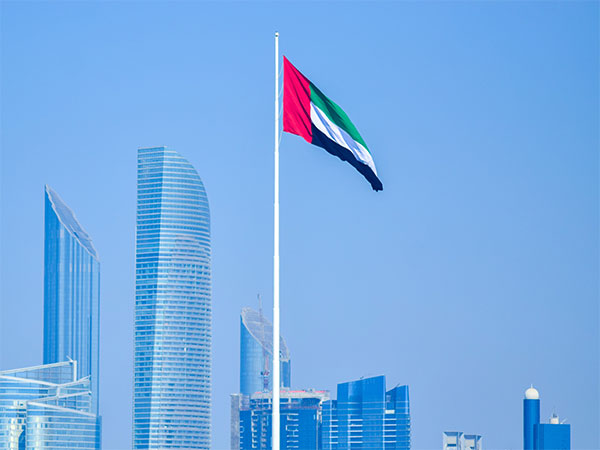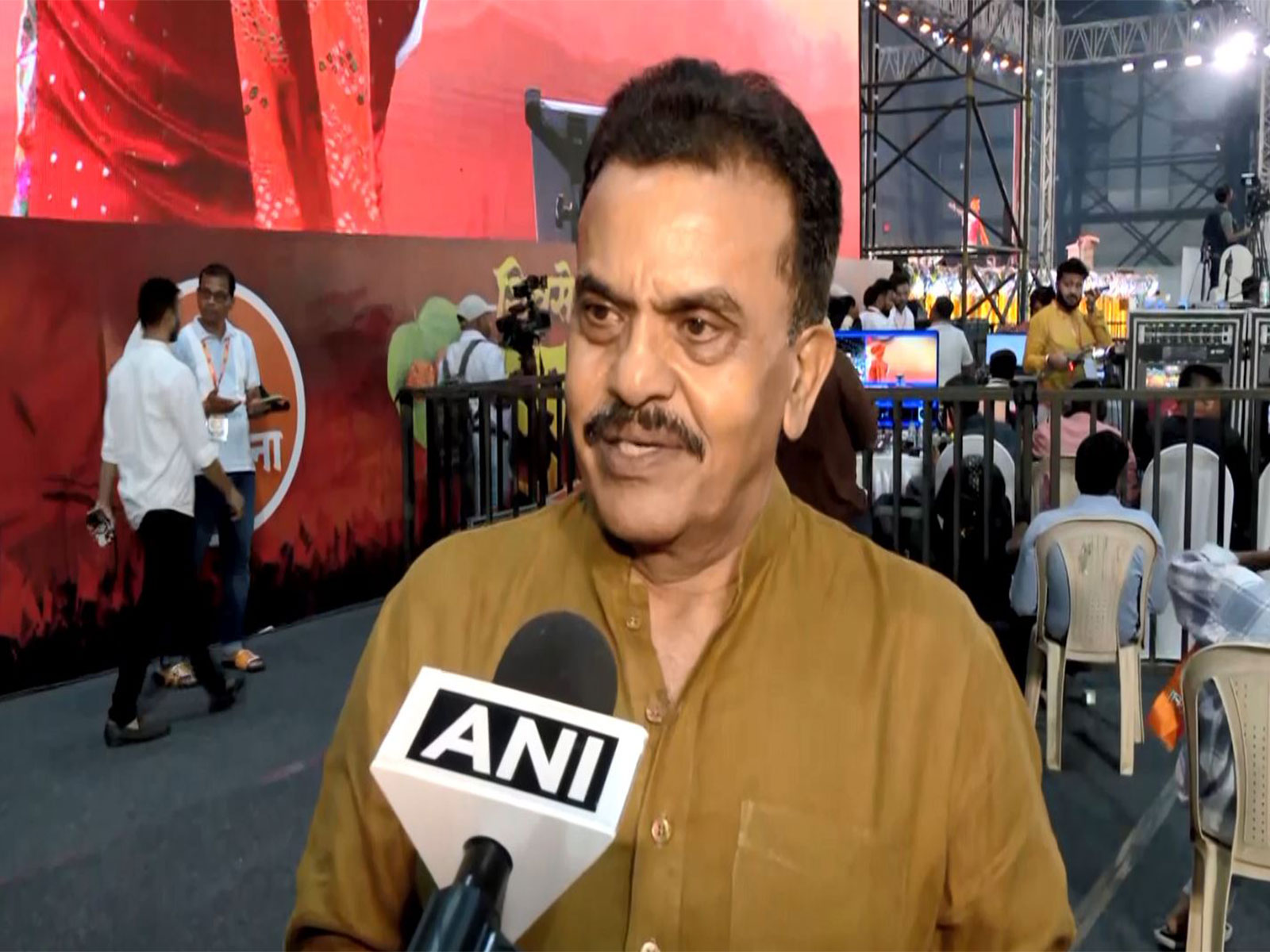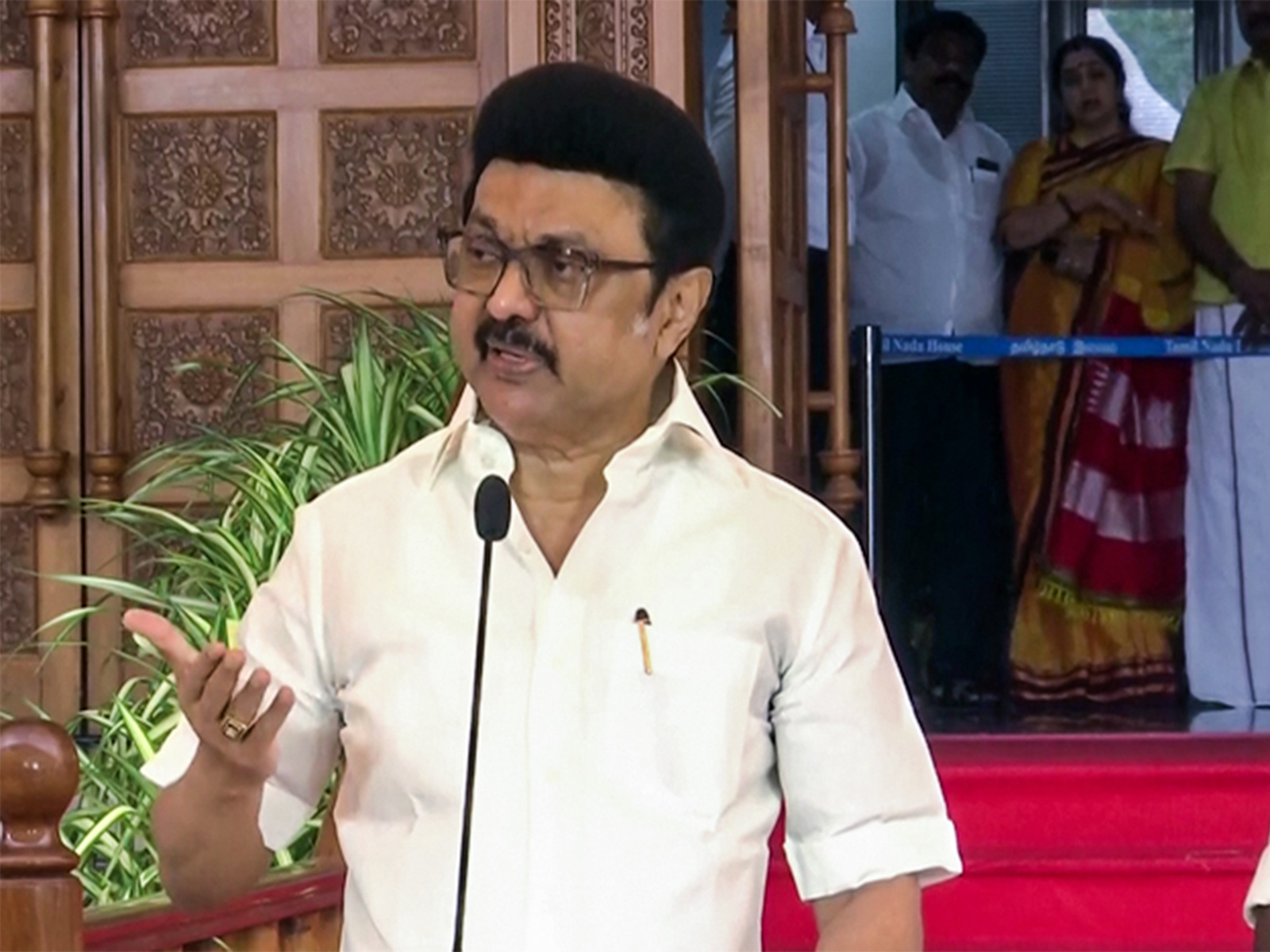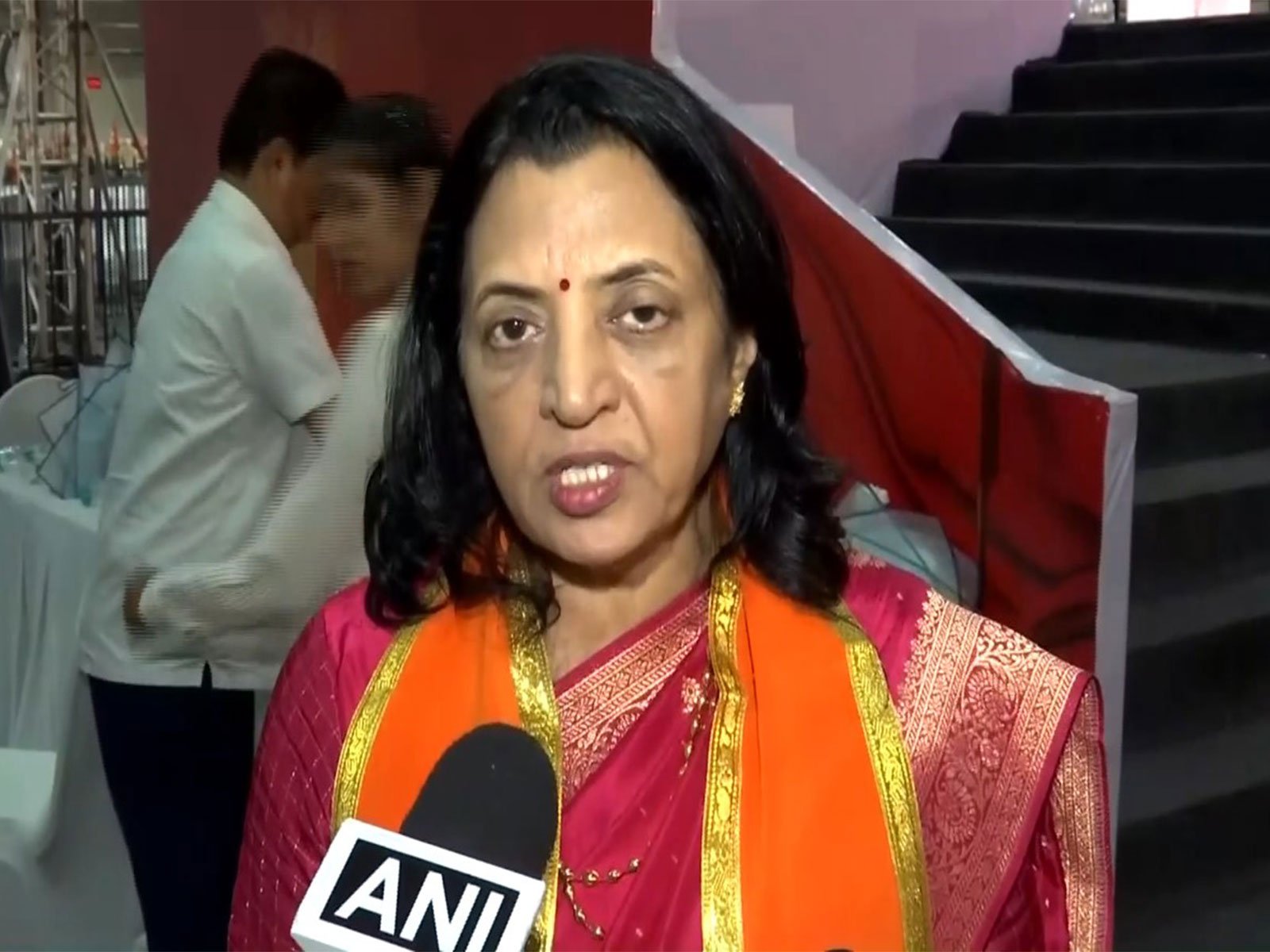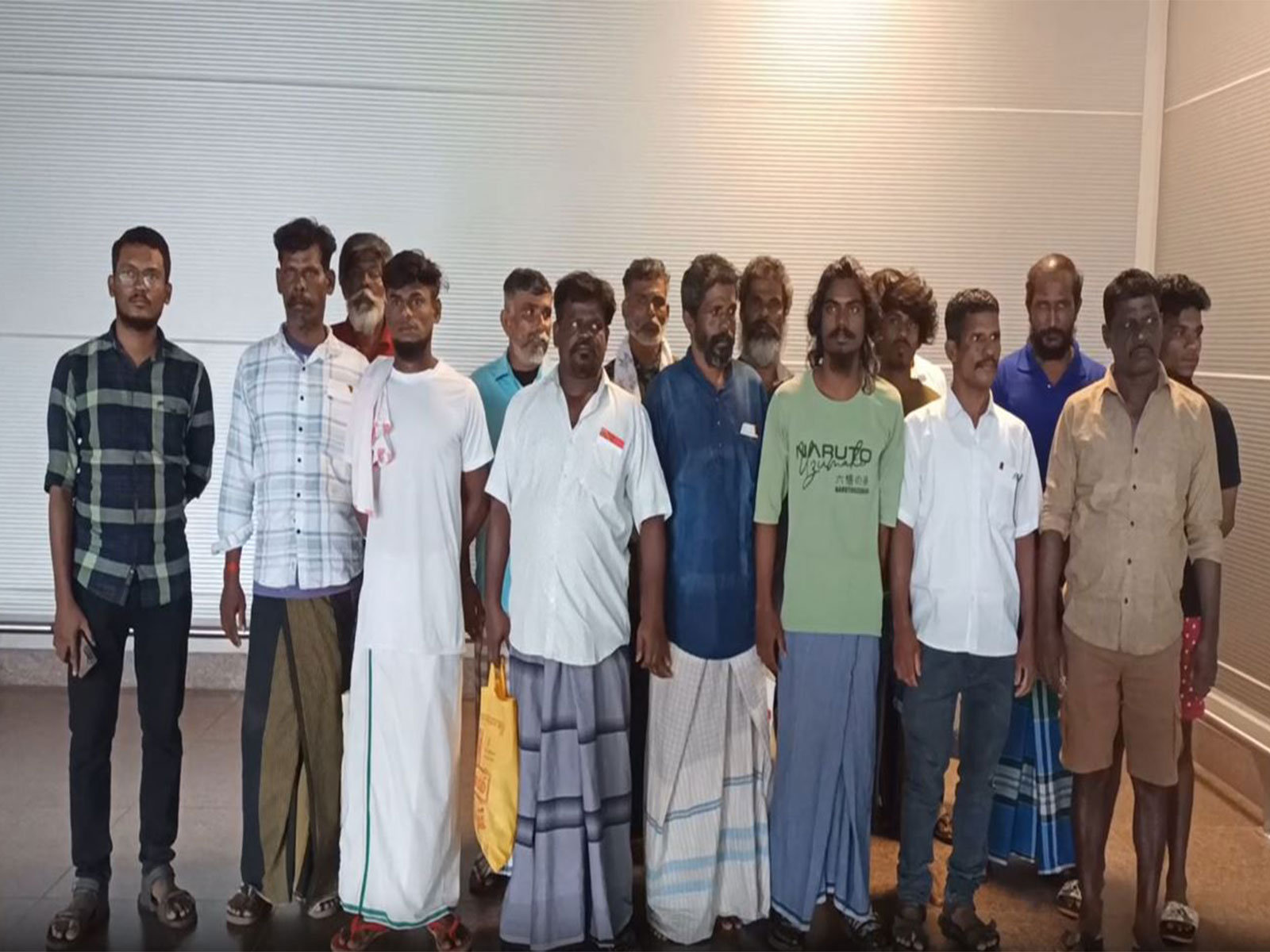Abu Dhabi [UAE], September 18 (ANI/WAM): The UAE Ministry of Interior is hosting the GCC Strategy for Combating Drugs (2025-2028) workshop. This groundbreaking regional initiative, a collaborative effort between the General Secretariat of the GCC and the United Nations Office on Drugs and Crime, is taking place from September 16-19 at Etihad Towers, Abu Dhabi. The workshop aims to enhance international cooperation and develop a unified approach to drug control within the GCC region.
Key figures at the workshop included Jasim Al-Badawi, Secretary-General of the GCC, Major General Khalifa Hareb Al Khaili, Undersecretary of the Ministry of Interior, Judge Hatem Aly, Regional Representative of the United Nations Office on Drugs and Crime for the GCC, and Brigadier Mubarak Saeed Al Khaili, Head of the GCC Police Force. Representatives from GCC nations’ anti-drug authorities, UN consultants, and a number of experts and specialists were also in attendance.
The workshop commenced with a speech by Al-Badawi, who extended his gratitude to the UAE for hosting this significant regional event. He commended the efforts made by all involved parties in drafting the unified GCC Strategy for Combating Drugs, in line with the resolutions of the 40th meeting of GCC Interior Ministers, held on November 8, 2023, in Muscat, Oman. Al-Badawi emphasized, “Our presence today reflects our joint commitment at the regional and international levels to address one of the biggest challenges facing our societies–the phenomenon of drug smuggling and its devastating effects.”
He noted that this workshop comes at a crucial time, as GCC nations are working to unify efforts in combating the drug threat, which affects not only individuals but also families and entire societies. He added, “Drugs represent a threat not only to health and social security but are also a key factor undermining economic and political stability. This workshop represents an advanced step toward strengthening regional cooperation in tackling the scourge of drug smuggling, a menace that primarily targets our youth and puts our societies at risk.”
Al-Badawi continued, “Drugs are not just an individual problem but a societal crisis that requires all of us to stand united in our efforts and plans. The devastation of addiction is not borne solely by the addict but threatens families and the peace of society as a whole.”
He stressed the collective responsibility in drafting this unified GCC Strategy, which seeks to protect the youth and counter the threats they face. He also highlighted that the strategy tackles addiction’s effects through several key areas, including awareness, treatment, and rehabilitation. In this regard, he pointed out the vital role of universities and research centers as key pillars in implementing the strategy, where awareness campaigns increase societal understanding of the risks, and treatment and rehabilitation facilitate the reintegration of individuals into society.
He further emphasised that cooperation among GCC countries is essential to the success of their joint efforts. Each country brings unique experiences and innovations that can contribute to developing new, effective solutions, thus enhancing collective action. This meeting, he said, serves as a valuable platform for exchanging ideas and perspectives, and collaborative work will lead to practical strategies that will bear results in the near future.
Major General Khalifa Hareb Al Khaili, Undersecretary of the Ministry of Interior, also welcomed attendees to the UAE and expressed his satisfaction with the progress in creating a unified GCC Strategy. He noted that this strategy aligns with the aspirations of the region’s leaders and ensures the safety and stability of GCC societies.
Al Khaili stated, “The UAE Ministry of Interior is committed to adopting the best security practices to combat this societal scourge, which poses a serious threat to security and disrupts societal stability. Under the wise leadership’s vision, the UAE is making dedicated efforts in drug prevention through pioneering policies, procedures, and initiatives. These efforts include utilizing advanced technologies, enforcing an integrated work system, and implementing proactive measures supported by law, all while adhering to international treaties and agreements. Our strong relations with countries worldwide further strengthen these efforts.”
He added that this interactive workshop is pivotal in establishing a unified strategic framework for leading integrated efforts across the GCC to combat and prevent drug-related issues. Through cooperation and coordination, the workshop aims to develop effective legislation, exchange information, share practical experiences, and apply best international practices to curb the spread of drugs, thereby ensuring safer and more secure societies.
Judge Dr. Hatem Aly, Regional Representative of the United Nations Office on Drugs and Crime for the GCC countries, shared his enthusiasm for participating in the workshop. He conveyed greetings from Ghada Wali, Under-Secretary-General of the United Nations and Executive Director of the UNODC, and expressed his gratitude to the GCC Secretary-General and the UAE Ministry of Interior for their longstanding collaboration and for hosting the Strategic Forum.
Dr. Hatem remarked, “This event is the first of its kind in the region, marking the culmination of the GCC countries’ sustained efforts to combat drugs, a scourge that continues to impact our youth and even children, both regionally and globally. Today, we witness the fruits of our labor, developed through partnerships with various GCC countries in capacity building and technical assistance in drug prevention and control. We aim to unify efforts and leverage regional and international expertise to create the first comprehensive GCC Strategy for combating drugs.”
He added, “The high-level interest from leaders across the region reflects a genuine GCC commitment to tackling the drug problem. As the GCC office on drugs and crime, we pledge to apply all our practical expertise and scientific tools to support GCC representatives in drafting a strategy that aligns with international standards and best practices. We will ensure it is adapted to the national contexts of each GCC state while addressing common regional challenges. Our goal is to provide technical support for developing regional strategies and policies, build capacities for prevention and control in accordance with international standards, and work toward implementing the GCC Strategy for Combating Drugs.”
The workshop’s first session explored international and regional frameworks and standards for addressing the drug problem, including systems used by the United Nations and the GCC. The initial focus was on international agreements, ministerial declarations, and political frameworks that guide drug control efforts globally and regionally. The session also delved into the General Secretariat of the GCC’s work system for tackling the drug issue effectively.
The second session concentrated on drug markets, trends, policy developments, and strategies for combating drugs. Topics included key issues from the 2024 report by the United Nations Office on Drugs and Crime, the current state of the drug problem in GCC countries, scientific foundations for creating drug control strategies, and the development of strategies that adhere to United Nations standards.
The workshop will continue until September 19, addressing numerous proposed strategic objectives, partnerships, and mechanisms for building effective strategic partnerships across the region. (ANI/WAM)
Disclaimer: This story is auto-generated from a syndicated feed of ANI; only the image & headline may have been reworked by News Services Division of World News Network Inc Ltd and Palghar News and Pune News and World News
HINDI, MARATHI, GUJARATI, TAMIL, TELUGU, BENGALI, KANNADA, ORIYA, PUNJABI, URDU, MALAYALAM
For more details and packages


